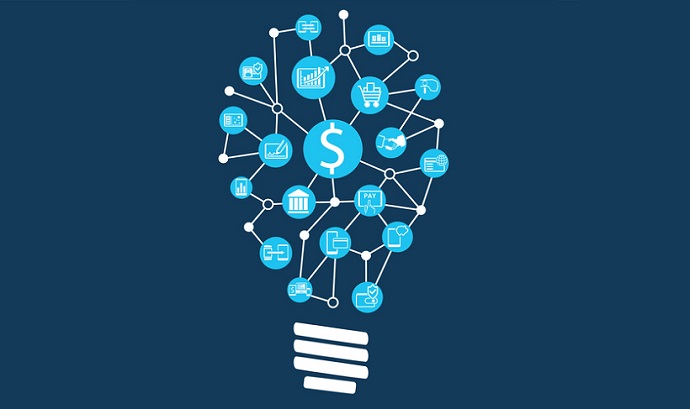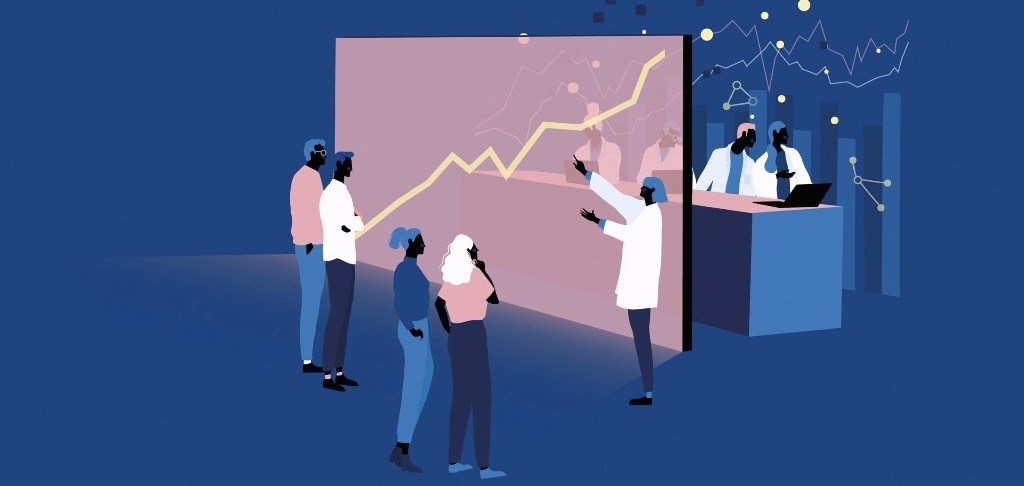Notice: WP_Theme_JSON_Resolver::get_user_data(): Error when decoding a theme.json schema for user data. Syntax error in /home/rushprnewscom-328/public_html/prod/wp-includes/functions.php on line 6114
In recent years, data has become far more available and thus more useful. We’ve now entered a time that many are dubbing the “data age”. Due to this shift, countless areas of the world’s economy and makeup are changing. To truly understand the impact this is having, we looked to the example of Jonathan Cornelissen, a longtime data scientist who helped found DataCamp, a leading data education platform. Insights on his work, along with an overview of many current uses of data, will help show the outsized impact the field has already had in important parts of everyday life.
Educational improvement
Since the platform is educational in nature, DataCamp is a good first place to look to see how data is creating change. The data scientist’s platform was originally conceived of during his time pursuing his Ph.D. At that time, he first realized not only how much the field of data was changing, but how great the need was for a tool that could create more data literacy across the world. Through that work, he has now helped educate over 4 million learners and has introduced his concept to businesses, educational institutions, and individuals across the world.
In addition to his direct work in the space, the data scientist has also helped show the world the crucial role that data will play in education at large moving into the future. It is sometimes said that “what gets measured gets managed,” a saying which is just as true in the world of education as it is in the world of business. To this end, increased availability of high-quality data in the educational space should allow for an increased ability of schools to cater to the needs of individual students. When schools can use data analysis to see how a student is struggling, they will be better able to help tailor programs to that student’s style of learning.
Making us healthier
The increasing use of data analytics is also helping to improve the quality of healthcare throughout the world. One example of this is through an advanced ability to track and slow the spread of infectious disease. By collecting and analyzing data pertaining to the pattern by which a disease has spread, health officials can be better placed to know how it is being transmitted and where it is likely to be found next. Using this information, these officials can work to stem an outbreak and help treat people with faster response times.
The advanced use of data is also helping to revolutionize the way in which medical research is conducted. This is perhaps most prominent in the study of genes and the human genome. Where decoding complex sequences of DNA used to be a rather time-intensive process, the same work can now be conducted in mere minutes through the use of advanced techniques of data analysis. This allows researchers greater access to useful data and more time devoted to understanding issues of critical importance in the field of health care.
Business efficiency
Data is also significantly changing the way that businesses operate. In the past, when access to data was typically limited, many businesses had to make decisions based on little to no concrete information. In these scenarios, intuition or instinct were often the most-used means of decision-making. While there’s plenty to be said for instinct in the world of business, it can often lead organizations down erroneous paths when not accompanied by fact. This can mean a loss of revenue, loss of efficiency, or even the bankruptcy of an entire business entity.
By contrast, modern-day businesses are awash in data, often pulled from various sources on the internet. This data affords organizations the ability to make informed decisions that rely on more than just a single person’s opinion. This impact has been seen in the work of the tech entrepreneur through the vast number of business professionals who use his platform. As access to quality data has increased, so too has the need for individuals who understand how to properly use it. In this pursuit, many companies have opted to provide employees with additional training so that they may learn to utilize data to its fullest potential.

Scientific discovery
Science is a field that has always relied on the proper use of data to further its goals. The need for high-quality data is deeply embedded into the scientific method and has been one of the key contributors to our ability to determine the nature of the world around us. The quality and quantity of data accessible to scientists, however, has changed significantly over the years. Where the early days of science were characterized by isolated practitioners recording observations by hand, the modern scientist has access to a treasure trove of information on the internet. This ability to learn and communicate has helped to greatly accelerate the pace of scientific discovery.
This process has also been supported by developments in artificial intelligence and machine learning. These areas of technology have helped scientists analyze data, make predictions about what they can expect, and even point them in the direction of new areas of potential study. These technologies represent some of the highest achievements in the field of data science since they rely on large quantities of data in order to form their predictive capacity. Without that data, these technologies would be at a loss for the meaningful inputs that are critical towards improving their functionality.
Though the surge in data availability and usage has been widely publicized of late, the specific ways in which the field of data science contributes to society can often go unrecognized. From the above overview, it’s clear that this field has made significant contributions to education, health, business, and science — a list that is just scratching the surface. Coupled with information about Jonathan Cornelissen and his work with DataCamp, one can begin to understand just how widespread and important the use of data is to the modern world. Those who wish to better understand the nature of society around them would be well-served by continuing their examination of data science and its applications today.




